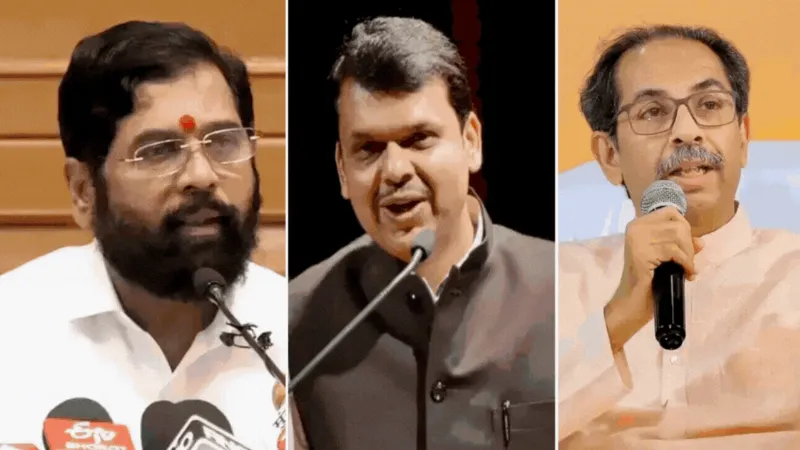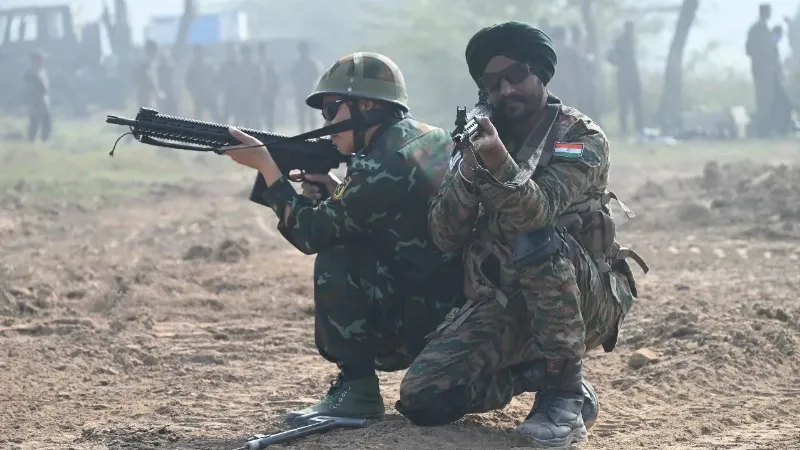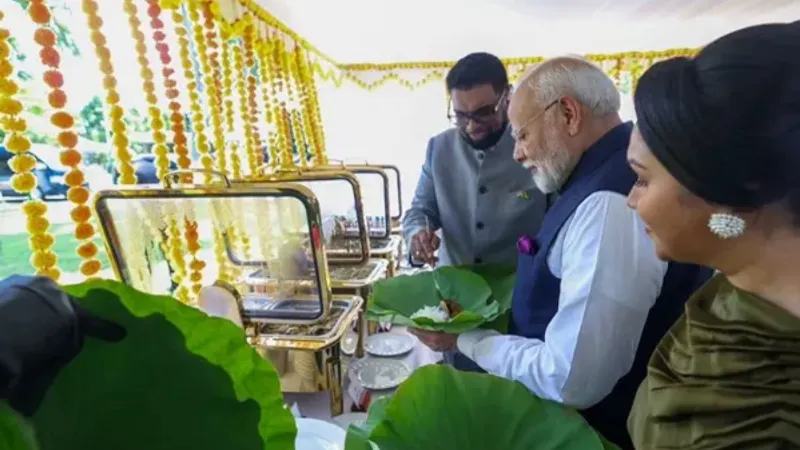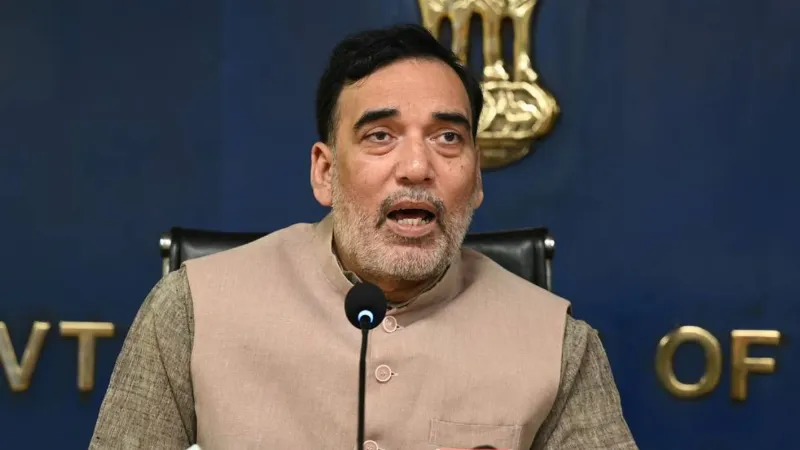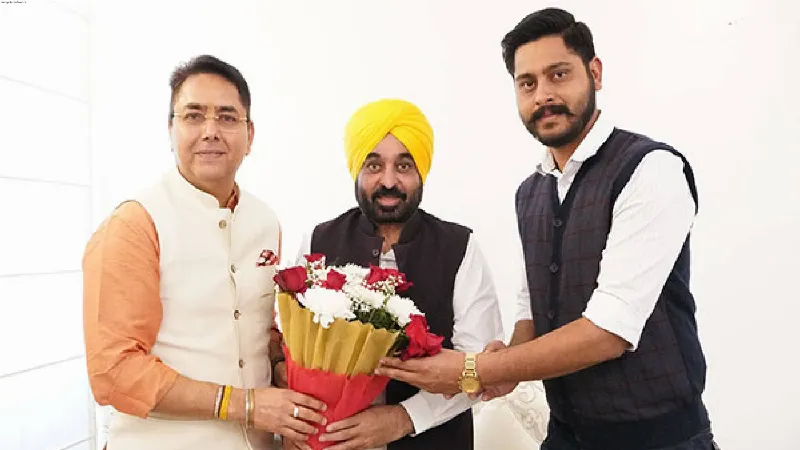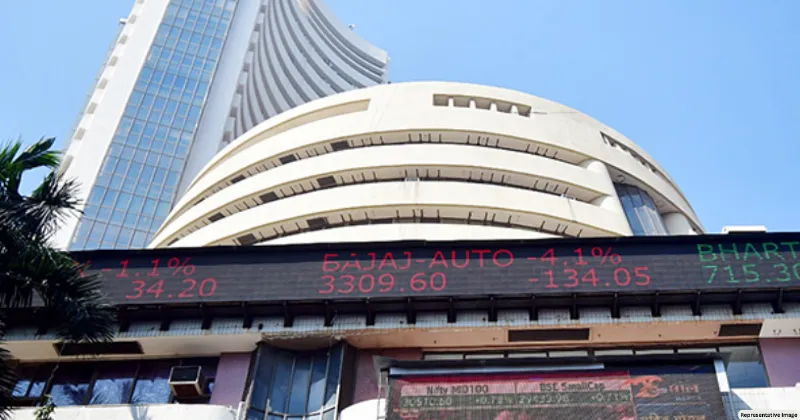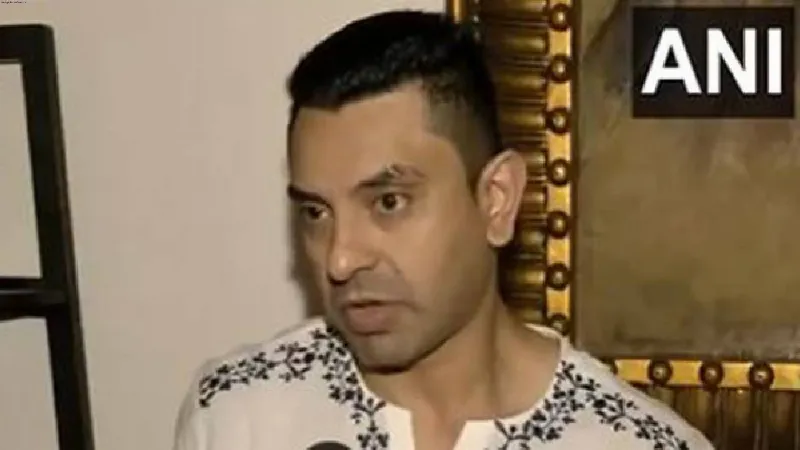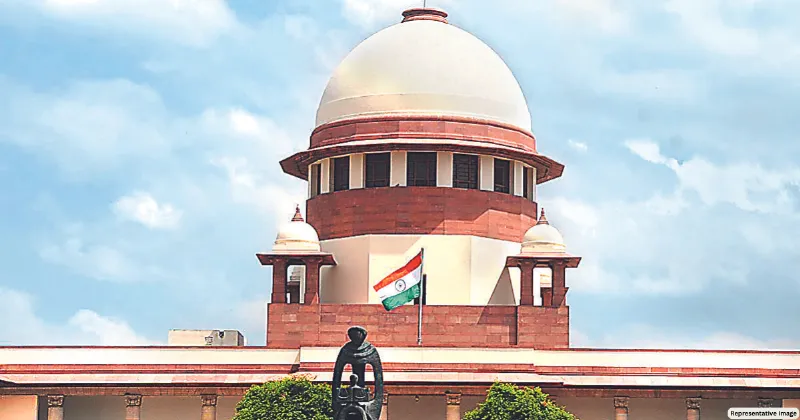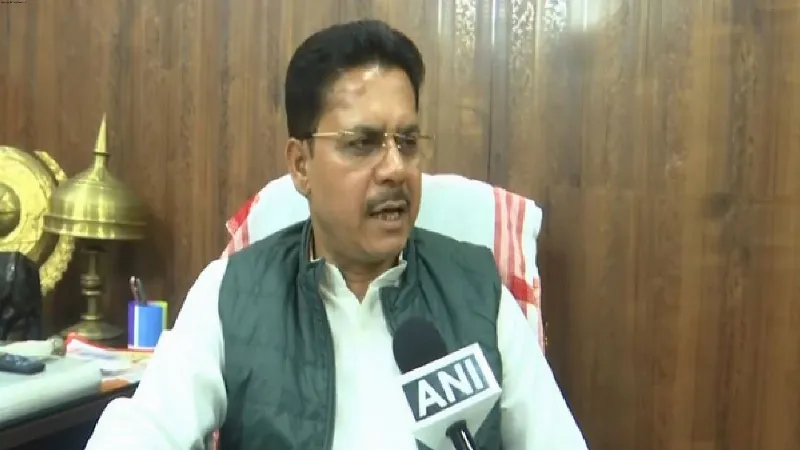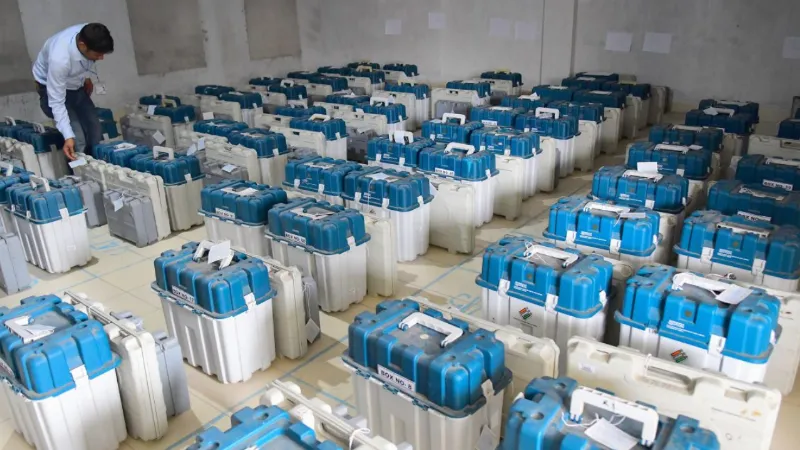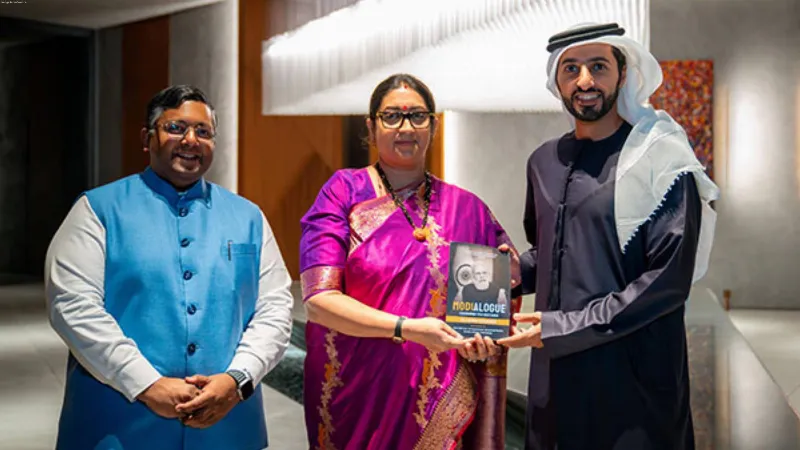Vajpayee got 3rd time lucky, became PM for a full five-year term

Jaipur: Even in the thirteenth Lok Sabha elections held in 1999, no political party got a clear majority, but the long period of political instability at the Center ended. BJP formed National Democratic Alliance (NDA) with more than 20 parties and entered polls with the face of Atal Bihari Vajpayee.
NDA got 270 seats and also got the support of Telugu Desam Party which had 29 seats. Vajpayee became Prime Minister for the third time with absolute majority. Vajpayee, who first ran the government for 13 days and then for 13 months, this time ran this coalition government for full five years.
This marked the first non-Congress government to complete a full five-year term since independence, bringing stability after years of uncertainty. After Narasimha Rao govt, the country had gone through 3 LS polls.
Congress, led by Sonia Gandhi, faced its worst performance yet, winning only 114 seats compared to BJP’s 182. Sonia Gandhi’s foreign origin became a contentious issue, leading to rebellion within Congress and the formation of the Nationalist Congress Party (NCP) by leaders like Sharad Pawar, Tariq Anwar and PA Sangma.
Despite NCP’s formation, it only secured 8 seats. BJP capitalized on the foreign origin issue and highlighted Vajpayee’s leadership during the Kargil war, which ended shortly before the elections. Vajpayee’s handling of the war strengthened India’s stance on Kashmir and boosted BJP’s campaign.
Additionally, BJP emphasized the economic achievements of the Vajpayee government, garnering sympathy from voters due to the collapse of the previous government within 13 months.
Ultimately, the NDA, led by Vajpayee along with the Telugu Desam Party, secured a majority in the Lok Sabha, reflecting public support for their governance and leadership.

